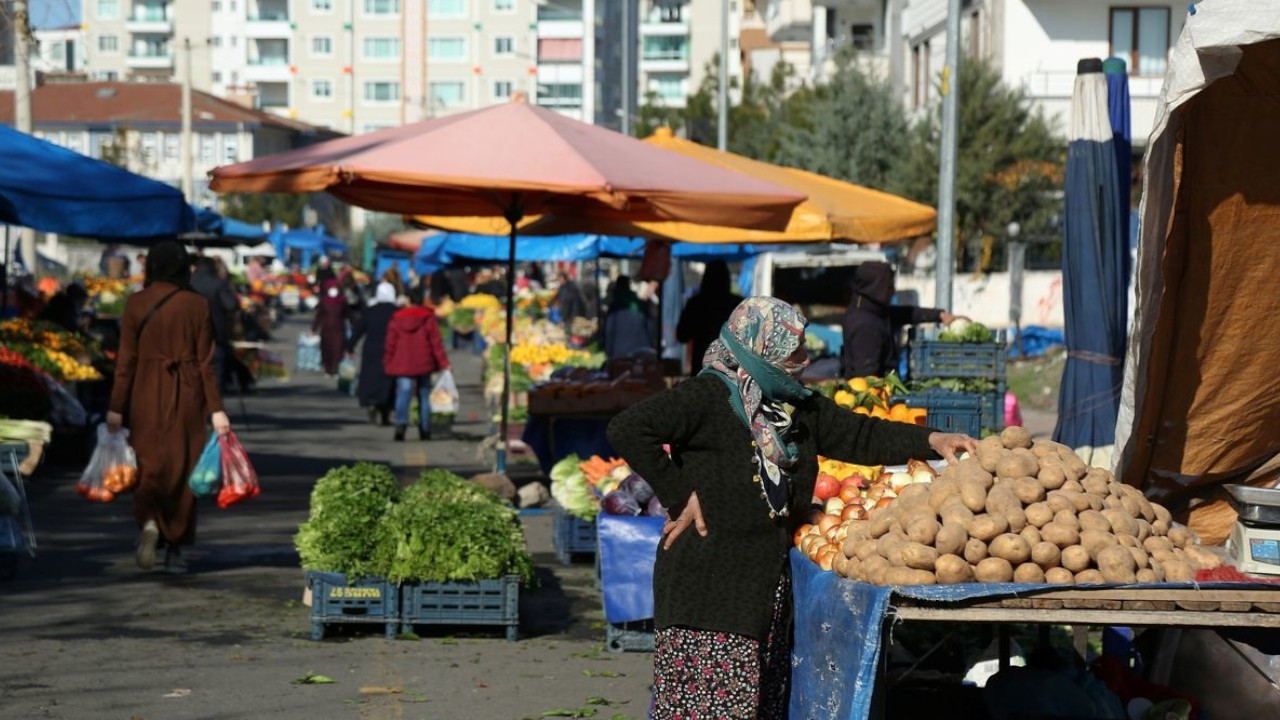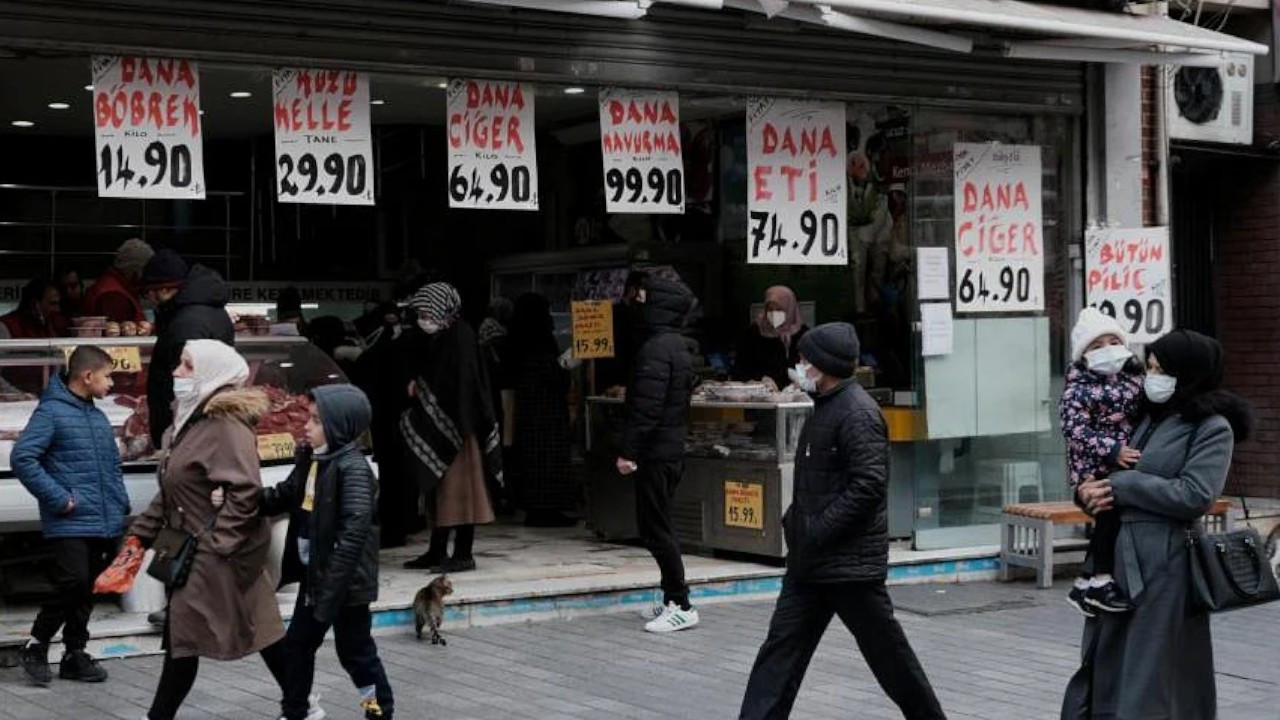Millions of Turks planning to spend Eid holiday at home in face of soaring prices
The number of people who will hit the road for the upcoming Eid al-Adha holiday will see a considerable decline this year in the face of soaring transportation costs and economic crisis, intercity bus company representatives have said.
Duvar English
Millions of Turks are planning to spend the upcoming Eid al-Adha holiday at home, unable to visit their hometowns or go on holiday in the face of soaring transportation costs and general living expenses.
A family consisting of four members need to allocate a budget between 2,000 – 10,000 liras just for intercity travel transportation if they want to visit another city. Such high costs are pushing citizens to stay at home, leaving intercity bus terminals empty.
The Islamic holiday of Eid al-Adha will be celebrated in Turkey between July 9-12. The government announced last week that the holiday will be linked with the July 15 Democracy and National Unity Day and last until July 17 for civil servants.
In the previous years, Istanbul's mammoth main bus terminal “Esenler Otogarı” used to welcome 80,000 passengers on average during the holiday seasons or summer months. But now, silence is prevailing at the famous terminal.
The head of the Turkish Bus Federation (TOFED), Birol Özcan, said that ticket sales have dropped considerably compared to the previous years. “The ticket sales are very low compared to the previous Eid al-Adha holidays...The terminal is no more full. About 2,500 buses used to take off from the Istanbul Terminal [Esenler] a day [during the holiday season], but now if it is 600, we will thank lucky stars,” Özcan was quoted as saying by daily Birgün.
“The tickets are really expensive, but the [bus] sector does not want to raise the prices, rather wants to decrease passengers' costs. Since people do not have the financial means, buses are going empty,” he said.
An employee working for an intercity bus company said that buses used to be booked full during the previous Eid al-Adha holidays, which is why his firm always had to organize additional trips. However, he said, this is not the case for this holiday. “There is no additional trip [planned] for now. Due to the fuel prices, tickets are unfortunately expensive,” Bayram Özünal said.
As some of the tickets cost up to 1,000 liras, some bus companies found the solution by offering their customers an “installment payment plan.” But, a citizen named İsmet Çekin said that such a plan will not be a remedy in the long-term. “The solution goes through fuel prices,” Çekin said, adding that he is traveling all the way to the eastern province of Kars from Istanbul.
Main opposition Republican People's Party (CHP) MP Murat Emir shared data on how the economic crisis hit the train ticket sales. He said that high-speed trains had carried 8.2 million passengers in 2019, but that this number fell to 4.3 million in 2021. “The price increases coupled with the severing poverty has dealt a major blow to our citizens' right to transportation,” he said.
Emir said that the decrease in inter-city travel cannot be only attributed to the COVID-19 pandemic. “The Turkish State Railways attributes the decrease in the number of passengers to the pandemic that started in 2020 and continued into 2021, but we know the truth. Our citizens, whose purchasing power has decreased gradually, are pushed to think about buying a ticket 10 times before actualizing it," he said.
Meanwhile, high ticket prices in inter-city travel pushed many people into rideshare applications. Through these apps, people find others that want to share the cost of traveling. The number of Google searches for “rideshare apps” increased by 150 percent in recent months, while the phrase of “cheap ticket” was searched 120 percent more.

 Turkey's official inflation rate hits 24-year high of 78.6 percentEconomy
Turkey's official inflation rate hits 24-year high of 78.6 percentEconomy Turkish gov't policy causing destruction of middle class, warn researchersEconomy
Turkish gov't policy causing destruction of middle class, warn researchersEconomy